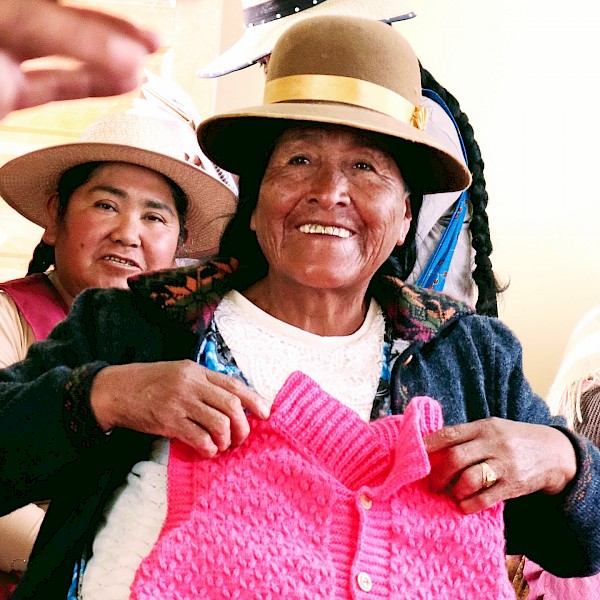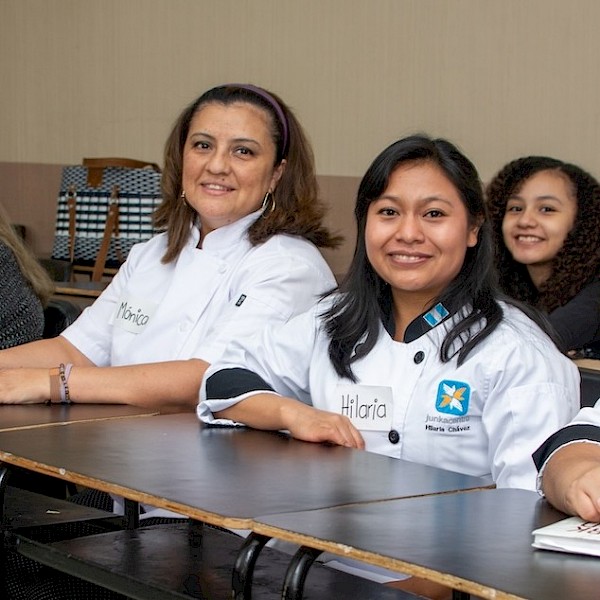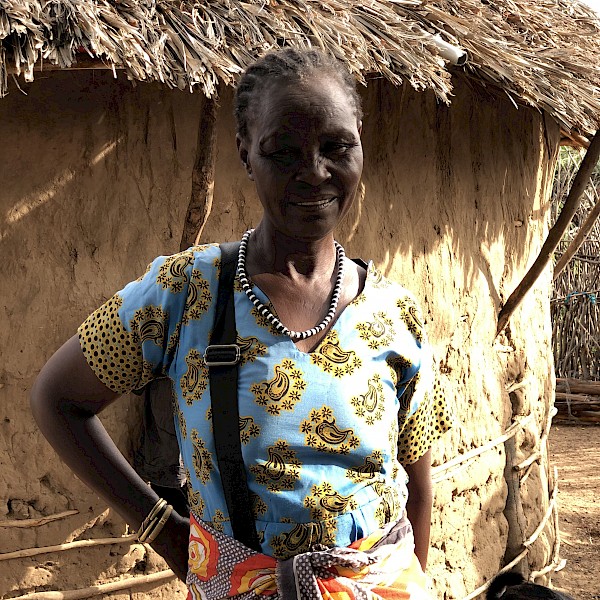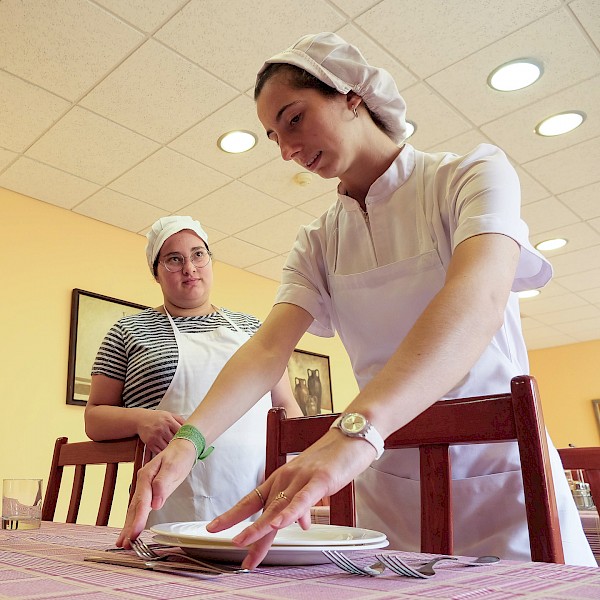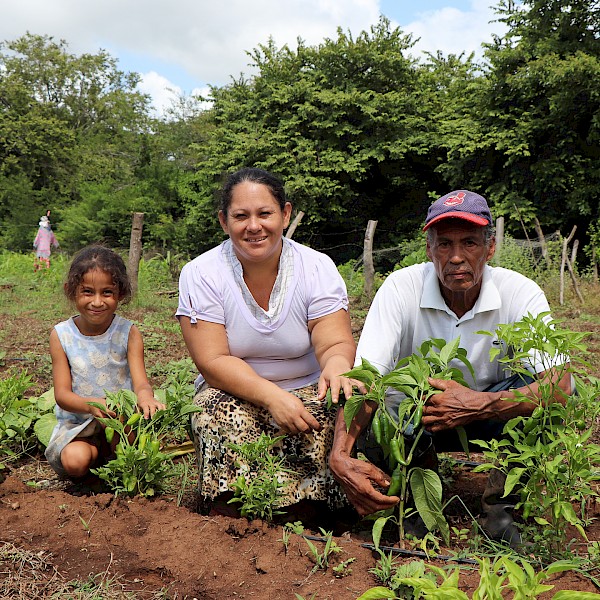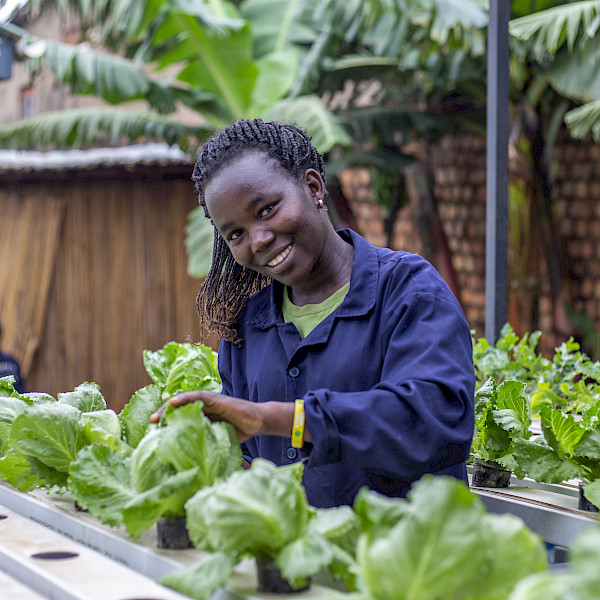Kenya
Cervical Cancer Risk Awareness Education, Screening and Tracking System - Experiment

Duration
2021 – 2022

Budget
7 000 €

Beneficiaries
Women
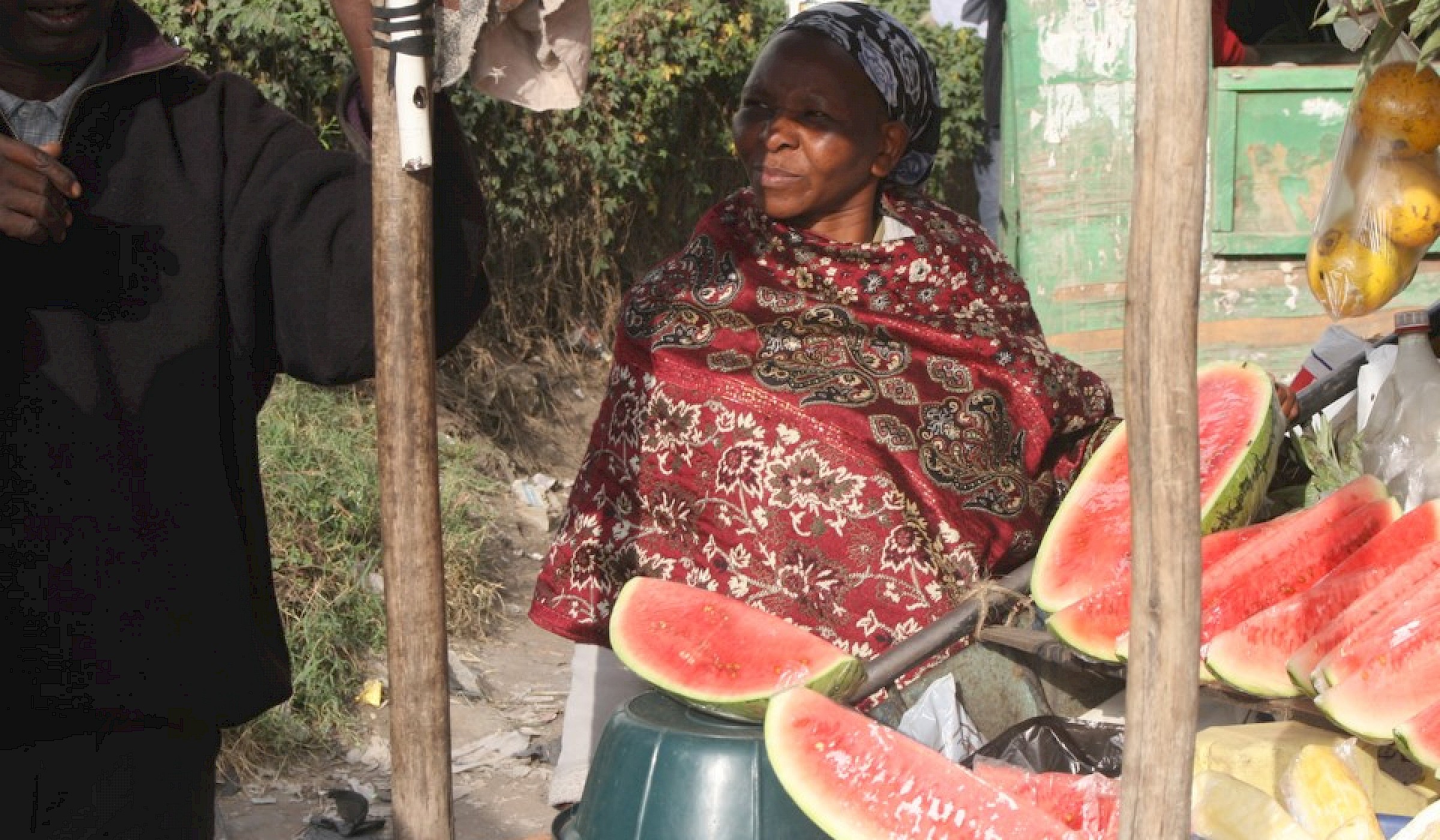



Promoting Health, Preventing Cancer
Cancers are the third leading cause of death in Kenya, after infectious diseases and heart disease. There, it is estimated that around 40,000 people are diagnosed with various cancers yearly, and nearly 30,000 die from cancer. Cervical cancer is considered one of the biggest threats to women’s health, with a prevalence of up to seven times higher than in Western countries. The situation is worsened by a lack of resources for infrastructure and patient screening, which significantly increases mortality.
Inter-Cultur has set out to improve this situation in partnership with iLabAfrika. This Kenyan company is part of Strathmore University in Nairobi. The project involves developing an online application to prevent cancer deaths among women. The app aims to raise awareness and information on this disease. It also includes a questionnaire that allows researchers to obtain information from conversations with rural girls and women and, if necessary, enroll them for cancer screening. The pilot project will focus on raising awareness of the threats of cervical cancer and the importance of treatment and screening. Over time, the project will help to dispel the misconceptions and assumptions associated with cervical cancer in rural areas. The project will make an early cancer diagnosis more likely, significantly improving the disease’s prognosis and treatability.
This project supports and aligns with the UN 2030 Sustainable Development Goals (SDGs).
Key Achievements and Outcomes:
- Developed a Mobile and Web-based Cervical Cancer Tracking System
- Provided training to nurses to better screen cervical cancer
Countries
Bolivia
Home to the Andes mountains, Bolivia faces challenges such as poverty and environmental concerns, particularly among its indigenous populations. Our partnership with AYNI focuses on vocational training, literacy, and sustainable agriculture, aiming to empower marginalized communities and women.
Guatemala
In Guatemala, a country known for its rich indigenous heritage, we address the needs of women in disadvantaged situations through Fundación Junkabal. Our initiatives in vocational training and micro-entrepreneurship are designed to uplift women and advocate for human rights.
Kenya
Kenya's diverse landscape is the backdrop for our efforts to tackle poverty and unemployment in the country. Examples of our work include offering vocational education in Nairobi's slums through SET and Eastlands College of Technology, and improving the agricultural activities of rural women in Turkana County, both aiming to improve life quality and employment prospects with an integral formation model.
Lebanon
Lebanon, with its millennia-old heritage, navigates through profound economic crises and a significant refugee presence. In response, our partnership with PRODES and IMS is dedicated to empowering women through vocational training in hospitality, tourism, and gastronomy, equipping young women from rural areas for better prospects.
Nicaragua
Nicaragua, with its dramatic volcanic landscape, faces social unrest and economic difficulties. Our work with ANDECU supports women by investing in vocational training centers and micro-business resources, empowering them to improve their income levels and overcome challenges in their families and communities.
Uganda
Uganda, known for its diverse landscapes and rich cultural heritage, faces socio-economic disparities and gender inequality impacting vocational education access. Partnering with COWA, we provide women and youth with vocational training and technological empowerment to boost employment opportunities and economic independence, promoting gender equality and sustainable development.
